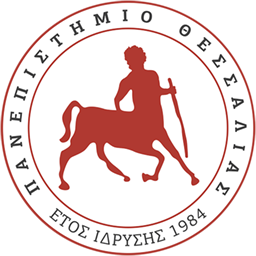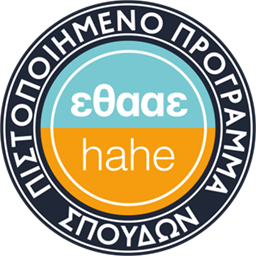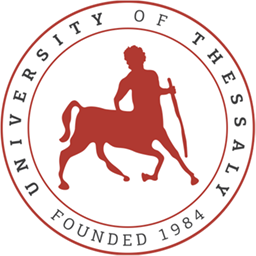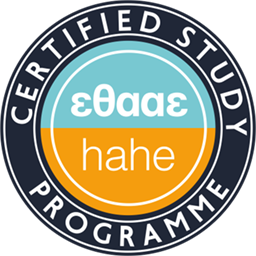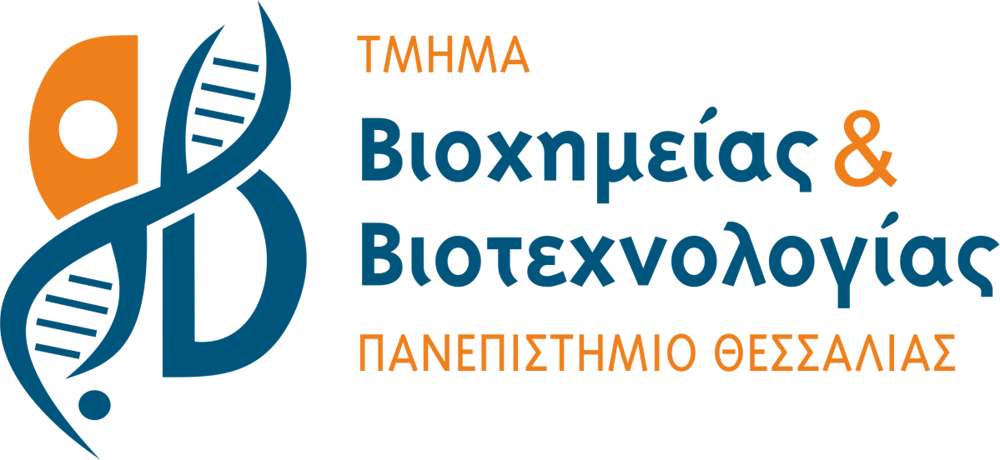Applied Microbiology
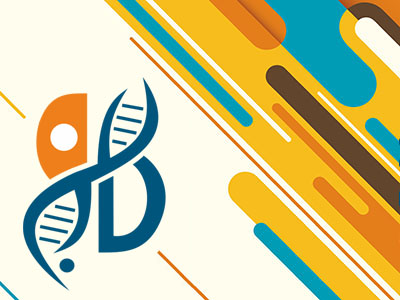
Theory: 2 hours/week | ECTS Units: 4
Content – Aim of the course
Course objective is to train students to handle problems in applied microbiology using classical as well as molecular microbiology approaches in a fast developing field with applications in medicine, pharmacy, environment and food microbiology.
Analytical Description of the Course
- Classic and modern techniques in Applied Microbiology:
Students learn the basic molecular techniques used in a Microbiology – Virology laboratory, focusing on detection, identification and quantification of microorganisms derived from clinical samples. - New approaches in Microbial Genomics and Metagenomics:
Students acquire modern methodologies in the field of microbial genomics and metagenomics and other -omics, particularly on Single Cell Genomics. In addition, they are trained in genome mining especially discovery of secondary metabolites, giving non-ribosomal peptides and polyketides as examples. - Human-microbe interactions:
Students are trained about the human microbiome in various organs. In addition, they learn about diverse virulent factors and microbial pathogenesis as well as the impact of microorganisms in human health. This section also refers to toxins of pathogenic microorganisms as well as methods for their detection. - Principles of large-scale microbial growth:
In this section, students are first taught the basic concepts of microbial growth and kinetics in a closed and open system, as well as the methods to to scale up a culture from bench to industry for the production of biotechnology products in medicine, food biochemistry and environment.
In addition, students are taught the necessary molecular tools to genetically modify microorganisms in order to improve them for the production of the final product. - Applications of microbiology in industry:
This section presents the applications of microorganisms at laboratory and industrial level with
emphasis on the following areas: - Health and pharmacy
- Food
- Plant microbiome
- Principles of applied virology:
In this section students are taught the basic principles of virus culture. Initially, the basic concepts and techniques of cell culture are taught, in order to use them for the detection, identification and processing of viruses.
In addition, students are taught the classical and modern techniques and methodologies used to detect and identify viruses, as well as their phylogenetic analysis. This section also analyzes the use of viruses in the field of biotechnology as vectors and emphasizes the use of viruses in vaccine production.
Specific examples of microorganism applications in industry are examined and at the same time emphasis is placed on the characteristics that a microorganism should have in order to be used in this field.
Assessment
Student performance is evaluated by taking into account the final written examination in Greek language (80%) and the successful completion of a personal or team assignment in Greek as well (20%).
Reading Suggestions
- BROCK Biology of Microorgansims, Μ. Μadigan, J. Martinko, J. Parker, Crete University Press, 2018.
- Molecular Microbiology, David H. Persing, ASM press, 2016.
- Microbial Biotechnology-A Laboratory Manual for Bacterial Systems, Surajit Das, Hirak Ranjan Dash, Springer India, 2015
Teaching Material / E-class
Lecturers
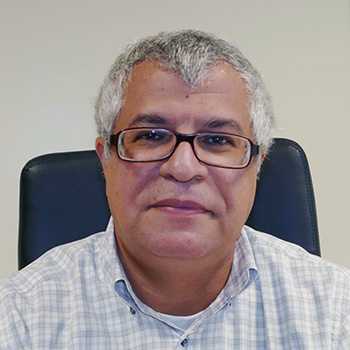
Dimitrios Mossialos (Course Coordinator)

